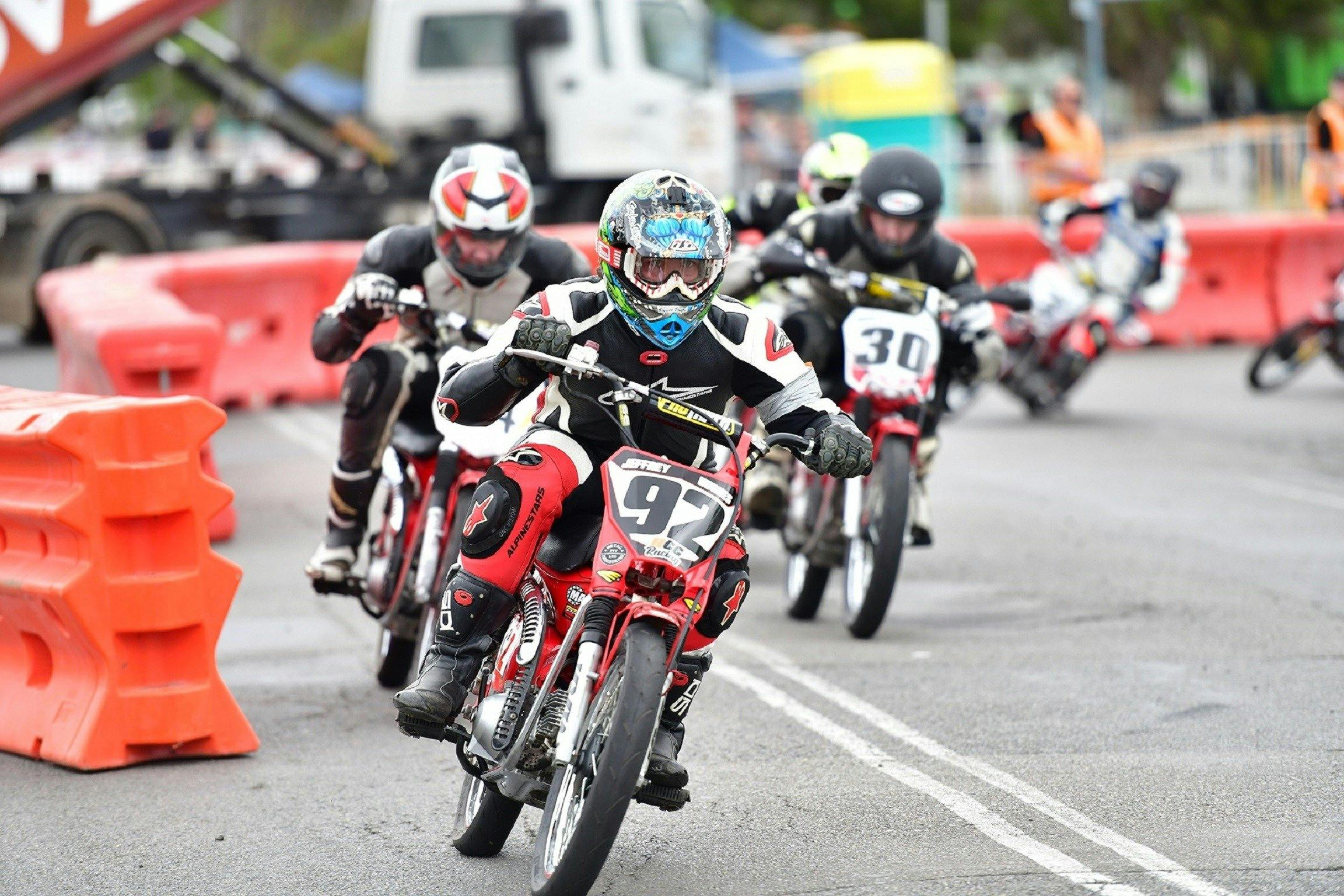

The frame is then professionally coated in our three ‘house’ shades of green. Now we can begin to fully transform it into an Elephant Bike, by powder coating it at a local firm in Stoke on Trent (right on the banks of the Trent and Mersey canal). Some serious shot blasting comes next to remove the original red paint and any signs of rust. In fact, we’ve sold over 70% of our allocation so if you’ve been considering becoming a proud owner of an Elephant Bike and joining the ‘herd’ then don’t delay, they’ll soon be extinct!Įvery single bike is stripped down to its bare essentials. It’s hard to put a definitive number on how many Elephant Bikes we’ll make, due to the recycled nature of the process, making these individually numbered, fully refurbished postal bikes even more of a real collector’s piece. We’ve already shipped thousands of these sturdy cargo bikes to Chilomoni, Malawi, which left us with an allocation of somewhere between 4,000-5,000 in the UK to be professionally refurbished into Elephant Bikes. By 2010 the bikes were destined for landfill and we couldn’t let that happen! The Royal Mail very kindly donated their redundant bicycle fleet to us and we swiftly collected around 25,000 from around the UK. But the way we use postal services has changed: parcels are carried now far more than letters so bikes have become unsuitable and the Royal Mail gradually phased out their use. This represents at least 1 bike (almost 2 bikes) sent to Malawi for every bike sold here in the UK.įor over a hundred years, the Royal Mail commissioned top-quality, British made bikes for posties delivering our mail. When a bike is purchased 100% of the remaining £80 (based on a £330 sale) is used to ship bicycles to Malawi. In the UK, it costs us around £250 to collect, store, process, shot-blast, powder coat, transport, purchase spares/baskets, do a final quality check, sell and package/post each bike. The profits from Beebikes funds care for pre-school children in our own Mother Teresa Children’s Center in the heart of the township. Bikes in Malawi can be life transforming and often mean an income for life. They are then sold to Malawians who can travel to work, transport goods to market and travel miles to school or college. This African workshop employs eight local people to repair and service the donated bikes from Britain. Sponsorship from Mobal Communications Ltd, and the ‘buy one give one’ scheme has helped us to ship thousands of ex-postal Mailstar bikes to Malawi over the past six years. One of our most successful enterprises is BeeBikes. This helps to break the cycle of poverty and creates future Malawian business leaders. All of the money generated by the enterprises pays for children’s education and community family support. To date 500 people who previously lived on less than £1 per day are in secure long-term employment.

These businesses create training opportunities and meaningful jobs. Since 2007 Krizevac Project (our parent charity) has worked hard to create viable social enterprises in a community hub known as Beehive. In Chilomoni Township, Malawi, a quiet revolution of enterprise creation is helping to end poverty for some of the world’s most vulnerable people.


 0 kommentar(er)
0 kommentar(er)
